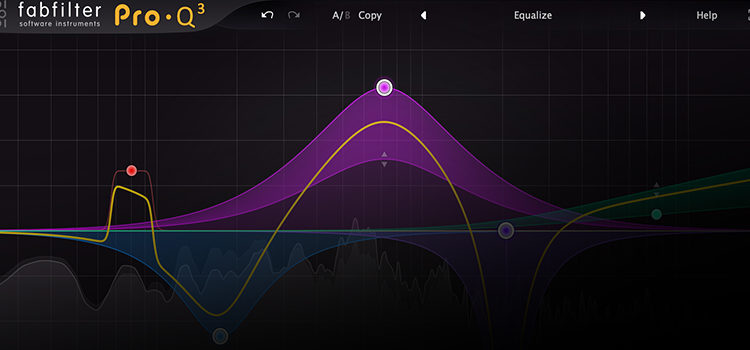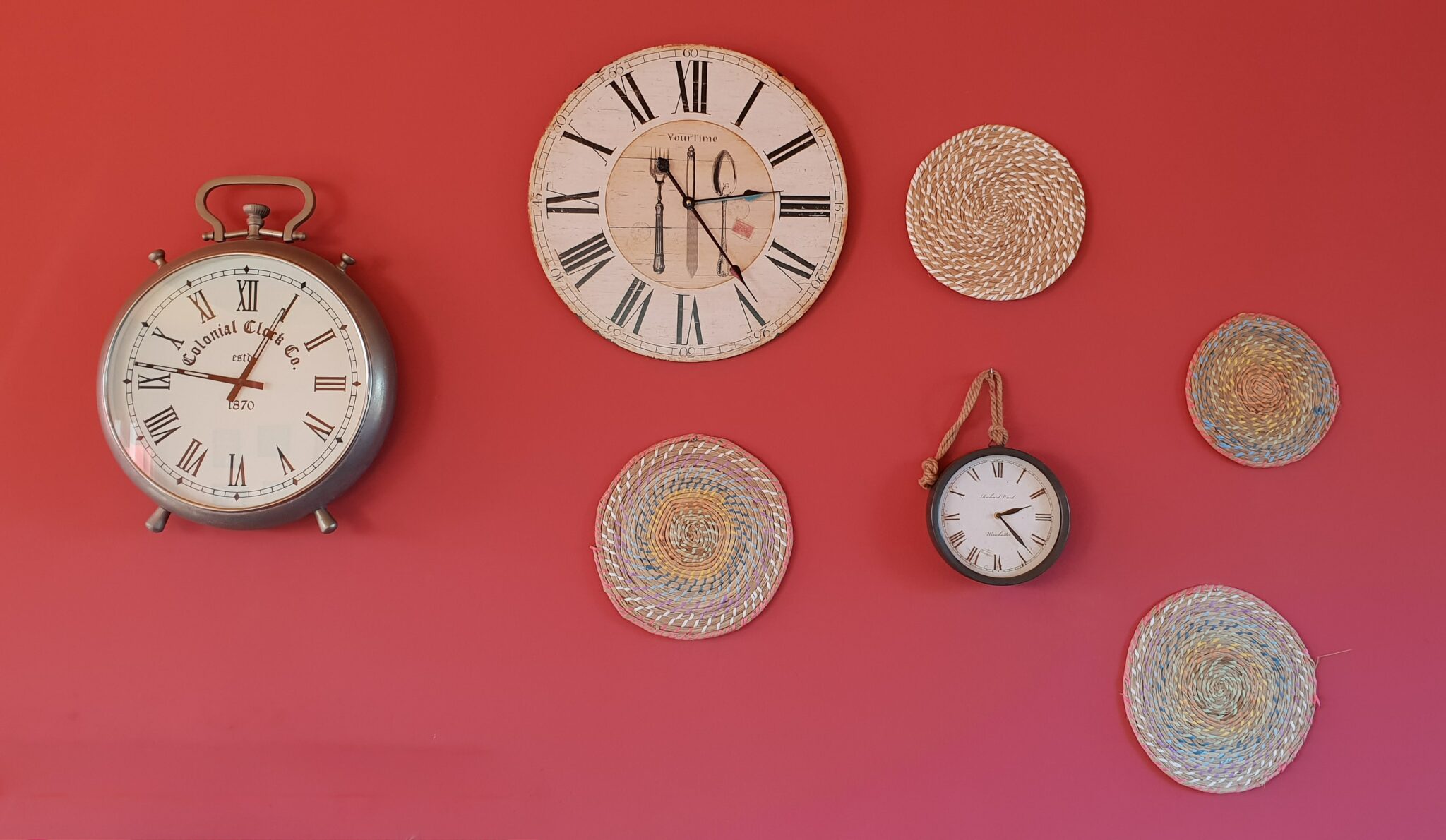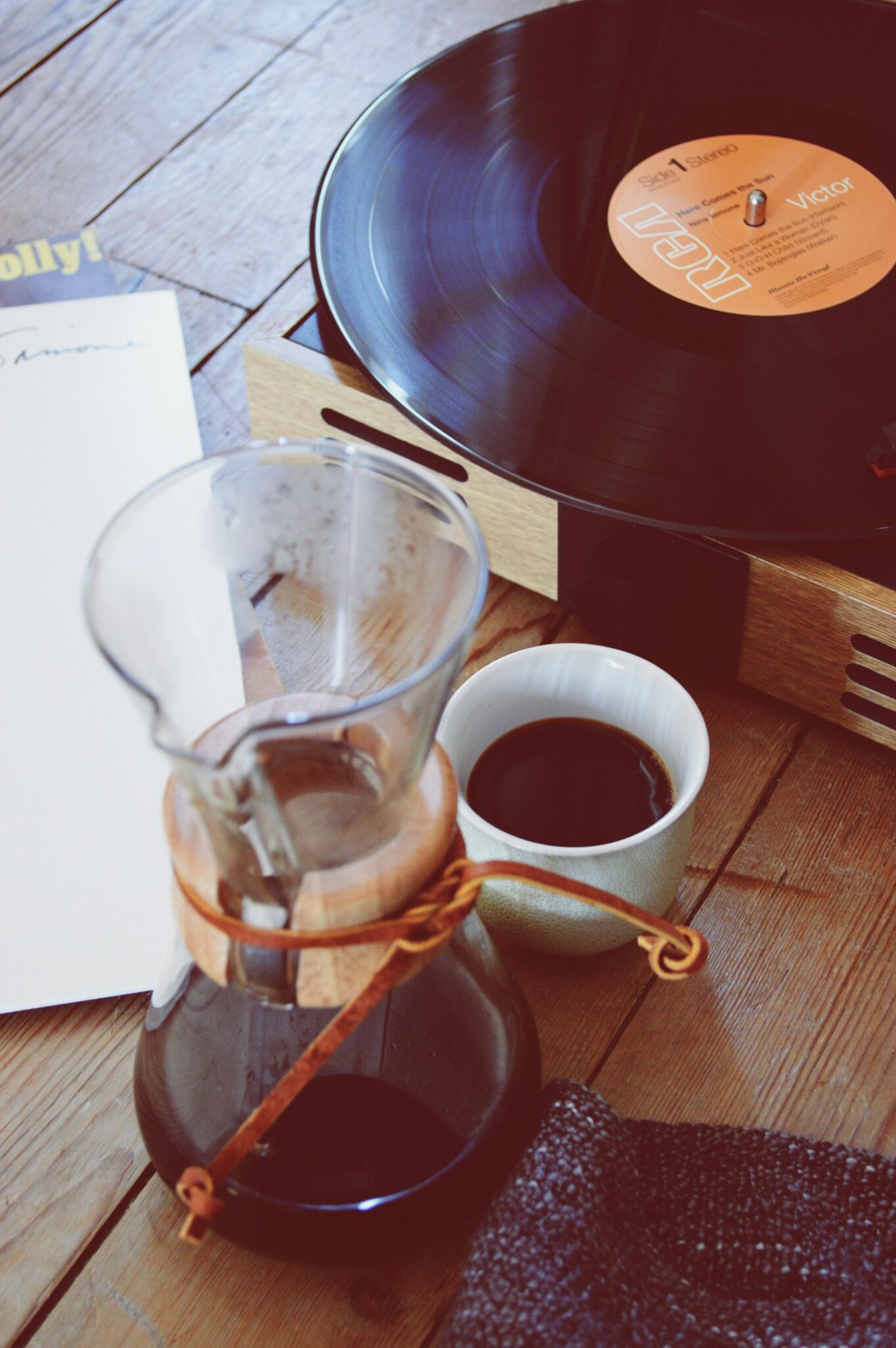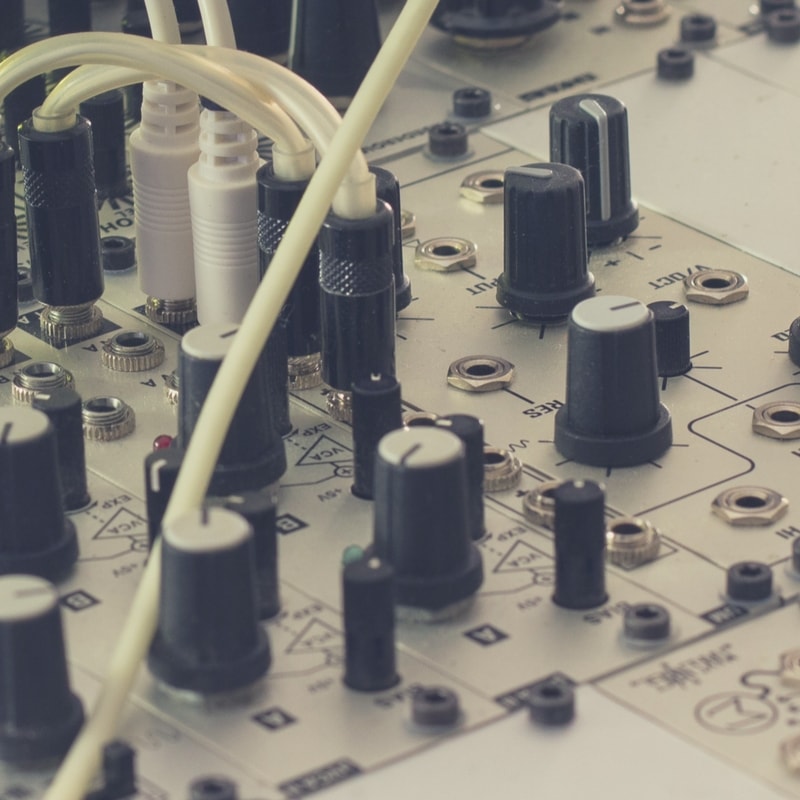FOBMO: The Fear Of Being Missed Out
If you examine the history of an artist, often you will find that an artist’s first releases are pretty different from those they release later in their career(s). In many cases, it’s the effect of maturation, but sometimes it’s the result of the artist trying to maintain a following by adjusting the music he or she makes to be more like what sells. Many artists try to centre their music output on what “worked” and others are try to chase attention by jumping from one bandwagon to another. It’s no surprise then that newcomers to music-making will try to copy artists they love, in attempting to generate attention for their own work.
No matter how long you make music, at one time or another you’ll experience the existential crisis that leads to questioning why you make music at all, and who you should be making it for. When artists feel this way, I see a number of habits that start to emerge in their work:
- Mimicking another artist’s path
- Changing genres or styles
- Aiming to be featured in charts
- Making music with the goal being “to get more plays”
Is there anything wrong with doing any of these things? No, not at all. But if you’re trying to do something and expect control over the outcome, then you might feel frustrated and eventually develop a love/hate relationship with your music. This is a pattern I often see in coaching and it’s difficult to reverse.
Fundamentally, many artists have a fear of being missed out (FOBMO)—they begin to equate certain things in how they make music with “success”, which can mean they worry they’re being “missing out” on as a result of things like:
- Not making music that’s “good” enough. Belief: “My music needs to sound in a specific way to be good.”
- Not being signed to a label. Belief: “If I’m on the label X, then I will see success because people will hear/see me.”
- Not having enough plays on tracks posted. Belief:”If people aren’t listening to my music, it’s because I’m not doing things properly.”
- Not having the chance to be heard playing in a club. Belief:”My music isn’t getting me gigs.”
- Not releasing on a vinyl. Belief: “Vinyl is consecration.”
“Artist X got to where I hope to be. Therefore, I will try to follow his steps because it seems like they worked.”
If one of these things aren’t happening, or not happening fast enough, some artists feel like everything they’ve worked on will slip away and that they will never get any recognition. Honestly, I know a lot about it because I’ve been there, but mostly after being very much in demand. Most of the time, I see this more in people before their breakthrough. But in both cases, its the same thought flow that goes on in this attention-seeking process. This carousel repeatedly demands an artist consider one important question: how much of what you do is just for yourself, and what should be released?
To have an appetite to be heard or seen, and to succeed is what is needed to help you answer this question. If you persist, there are chances success will happen—but you need to invest a lot of work in your craft first.
Does Every Song Need to be Released?
No, obviously. Let’s go one step further—does every song needs to be polished? Perfect? Good? Again, no. But for many, answering “no” to these questions isn’t debatable, as they put all their energy into polishing and finishing songs to ensure they’re ready to be sent as a demo to a label.
For me, 2020 has seen a new working style where I’m making one song per week. I try to push it as far as possible; I try to make music every day. It’s completely changed my perspective on how to approach my music. There are days where my inspiration is off and others where my energy isn’t there—it’s hard for everything to line-up and have that perfect moment. But more importantly, this approach has taught me that sitting in front of my computer to make music has to come with a very clear intention as of what I want to do with my time and the emotion I’m about to channel into the music. Everything changes when the intention is clear.
If you have a hard time re-opening an older project and getting into it, it’s mostly because your intention behind what you’re doing probably isn’t clear, and your mind is really elsewhere. This is why the idea of copying or emulating other artists or songs becomes a bit problematic, as you can’t really replicate novel emotional intention.
Should You Try to Copy or Imitate a Song or Artist?
If you’re copying with the intention to learning a process, yes. But if you’re copying to try and capitalize on public attention with expectations to be appreciated, signed, booked, seen as cool…or anything attention related, please don’t.
If I Don’t Release Anything, won’t I be Forgotten?
Not really. Some artists have been successful without releasing much. Release quality is obviously very important, and for me personally, releasing often provided me with some momentum and attention. But besides all the music I make today, many people still remember me for the music I made 10 years ago.
In conclusion, if you’re making music in reacting, you might be seeing yourself in this FOBMO. I invite you to create now more than ever as people are going through this quarantine episode and need art more than ever. You won’t be forgotten or missed, you’ll be appreciated.












Leave a Reply
Want to join the discussion?Feel free to contribute!